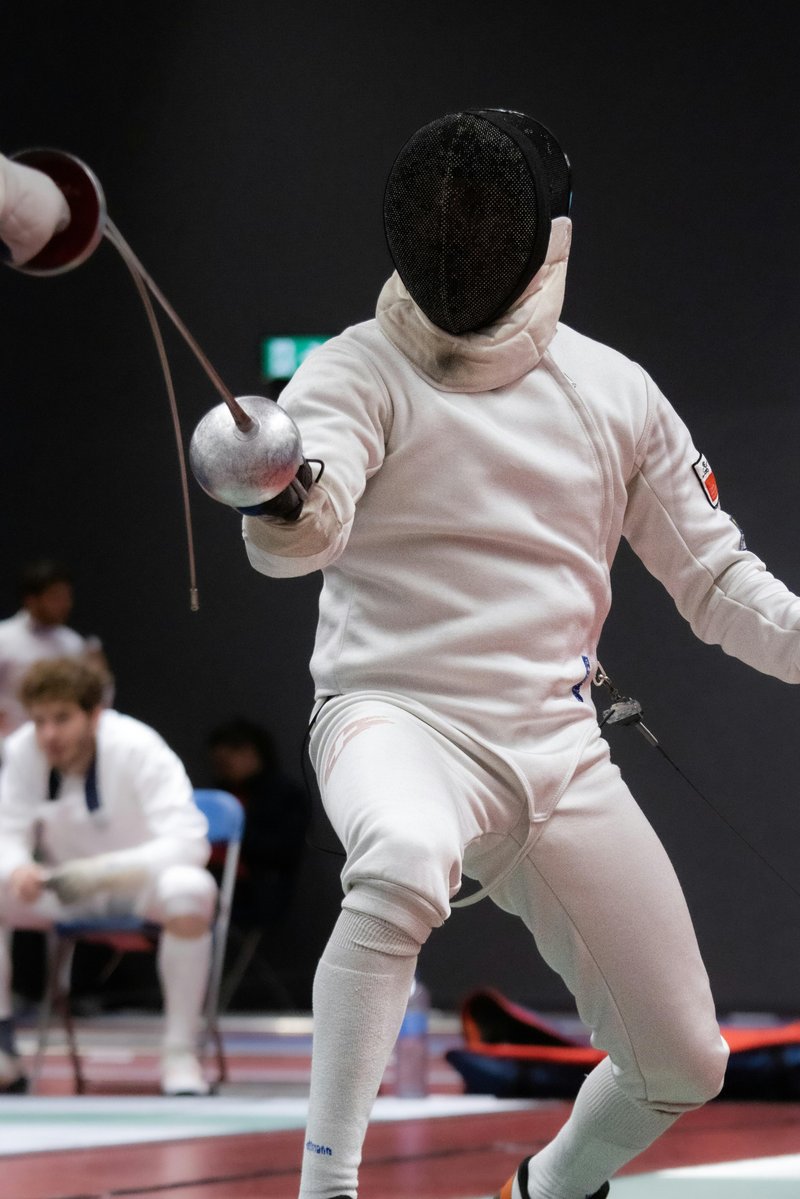The Confidence Crisis No One Talks About (And How Sleep Solves It)
Confidence isn’t just mental — it’s deeply biological. And one of the most overlooked foundations of masculine confidence is sleep. If you want to enhance your presence, performance, and decision-making, you need to understand the connection between sleep and self confidence.
Why Sleep Is the Hidden Pillar of Self-Assurance
When you sleep well, your brain resets, your hormones balance, and your nervous system stabilizes. These physiological shifts influence your posture, tone of voice, and risk tolerance — all markers of high self-confidence in men.
The Science of Sleep and Self Confidence
Testosterone, dopamine, and growth hormone — all crucial for confidence — are regulated during deep sleep. Miss a few nights, and your body literally becomes less confident at the chemical level. That’s why sleep-deprived men often feel more anxious, indecisive, and withdrawn.
What Happens When You Don’t Sleep Enough
- Testosterone drops by up to 15% after one week of poor sleep
- Reaction time and decision-making accuracy decline
- Facial expressions appear more negative and fatigued
- Anxiety increases, while willpower decreases
These shifts directly affect how others perceive you — and how you feel about yourself.
Sleep Quality vs. Sleep Quantity
It’s not just about getting 8 hours. Deep, uninterrupted sleep matters more than time in bed. That’s where recovery, hormone regulation, and emotional reset happen.
Signs Your Sleep Is Killing Your Confidence
- Waking up groggy despite 7–9 hours of sleep
- Low morning motivation or brain fog
- Decreased libido and drive
- Increased irritability or negative thinking
Sleep Habits That Boost Daily Confidence
Here are proven sleep strategies that enhance mental clarity, mood stability, and masculine energy:
- Consistent bedtime and wake-up time (even weekends)
- No caffeine after 2 PM
- 90-minute wind-down ritual with no screens
- Magnesium glycinate and glycine supplements
- Breathwork or meditation to calm the nervous system
Want to learn how breath control sharpens the mind and stabilizes emotion? Check out our guide on breathwork for anxiety in men.
The Morning-After Effect: Sleep and Confidence in Action
Think about how you feel after a full night of restorative sleep. You’re faster with words. You take initiative. You stand taller. That’s the sleep-confidence loop in action — your biology fuels your psychology.
How Poor Sleep Undermines Your Masculine Presence
Confidence isn’t just how you feel — it’s how you’re perceived. And nothing dulls your masculine edge like visible fatigue, mental fog, and emotional volatility. When sleep suffers, your presence weakens. You avoid eye contact. You second-guess decisions. You hesitate in moments that demand boldness.
The Hormonal Connection to Confidence
Testosterone levels directly impact risk-taking, assertiveness, and sexual confidence. Most of your daily testosterone is produced during REM and deep sleep phases. Cut your sleep short, and you blunt your hormonal advantage — no matter how hard you train or how clean you eat.
Building a Masculine Sleep Protocol
Masculine sleep isn’t about laziness. It’s strategic. Here’s how to optimize rest for dominance:
1. Pre-Sleep Environment
- Keep your bedroom under 20°C (68°F)
- Eliminate light — use blackout curtains and cover LEDs
- Use white noise or brown noise to block distractions
2. Mindset Wind-Down
- Journal 3 wins from your day — build mental momentum
- Read fiction or biography to shift out of “thinking” mode
- Stretch your hips and back — tight fascia impacts sleep depth
Sleep, Sex Drive, and Self-Esteem
Men who sleep poorly often report low libido, performance anxiety, and body image issues — all of which feed low confidence. Better sleep boosts sexual stamina, physical energy, and mood stability. You wake up ready to lead, not just survive.
Case Study: One Week of Deep Sleep
Many men notice within 5–7 days of optimized sleep:
- More spontaneous erections
- Increased risk tolerance
- Less emotional reactivity
- Improved posture and vocal tone
Sleep Training: Commanding Confidence While You Rest
Think of sleep as training. While you rest, your body is doing heavy work — repairing muscle, rewiring neurons, and balancing mood chemicals. Poor sleep skips this phase. The result? A man who’s physically alive but mentally fogged and emotionally flat.
The Confidence Stack: Sleep + Focus + Hormones
To build lasting confidence, you need three pillars in sync:
- Rested brain (deep sleep)
- Focused mind (cognitive control — see focus tips here)
- Stable testosterone (achieved through sleep, diet, training)
Evening Rituals That Build Mental Strength
High-confidence men don’t just fall asleep — they prepare for recovery like athletes prepare for battle. Here’s how to end your day with intention:
High-Performance Sleep Ritual
- Turn off all overhead lighting — use red or amber lights
- Write your next-day priorities — eliminate decision fatigue
- Take a hot shower, followed by cold exposure (30 seconds)
- Set your alarm across the room to prevent snoozing
These simple steps rewire your brain to associate nighttime with calm dominance and set the tone for the next day.
Confidence and Sleep Consistency
One of the strongest predictors of male confidence is routine. A consistent sleep-wake cycle trains your body to release energy, focus, and hormones at the right time. Erratic sleep kills this rhythm — and your edge.
Weekend Sleep Discipline
Most men ruin their progress by staying up late on weekends. Don’t. Go to bed within the same 30–45 minute window every day. Sleep debt adds up — and confidence pays the price.
Masculine Confidence Starts at Night
Want to wake up sharper, more decisive, and grounded? Start by owning your nights. Sleep is the confidence primer. Without it, all the affirmations, mindset tools, and supplements fall flat.
Explore more strategies for unlocking masculine identity in our article on real masculinity traits.
Before You Buy Another Supplement…
Optimize your sleep first. Then stack on nootropics or testosterone boosters. Otherwise, you’re just covering fatigue with stimulation — and that’s a recipe for burnout, not confidence.
Sleep Strategies for High-Stress, Busy Men
If you’re a high performer juggling business, training, and relationships, sleep often gets sacrificed. But poor sleep creates blind spots, lowers reaction time, and erodes your edge. Here’s how to protect sleep in a packed schedule:
30-Minute Sleep Prep Protocol
- 20 minutes before bed: no screens, no work, no talking
- 10 minutes of breathwork (4-7-8 or box breathing)
- Write one intention for tomorrow
- Drink a calming tea with lemon balm or magnesium
The Recovery Triggers Most Men Ignore
Your body wants to recover — you just need to give it the signal. Here are overlooked cues that initiate deep sleep and amplify next-day confidence:
- Temperature drop: Signal to the brain that it’s time to rest
- Darkness: Melatonin release skyrockets when light is eliminated
- Stillness: Laying still for 10–15 minutes helps drop into REM
Confidence Is Built Overnight
The man who recovers best wins. While others burn out chasing hustle, you recharge, sharpen, and rise stronger. Master your nights, and the days take care of themselves.
Sleep Habits That Reinforce Alpha Behavior
Posture, voice tone, and presence are all tied to energy. And energy comes from recovery. A chronically tired man slouches, mumbles, avoids conflict. A rested man stands tall, speaks with intent, and leads.
Checklist: Sleep-Fueled Confidence
- ✅ Wake up without hitting snooze
- ✅ Strong morning erection (marker of recovery)
- ✅ Clear focus in first 30 minutes
- ✅ Calm, grounded energy — not anxiety
Weekly Sleep & Confidence Optimization Plan
Use this 7-day protocol to align your body and mind with deep sleep and unshakable confidence:
Day 1 – Audit
Track your sleep and energy every 3 hours. Look for dips and anxiety triggers.
Day 2 – Environment
Upgrade your room: blackout curtains, noise control, cool temperature.
Day 3 – Digital Detox
No screens 1 hour before bed. Read or journal instead.
Day 4 – Evening Ritual
Establish a 3-step wind-down habit and repeat it every night.
Day 5 – Supplements
Introduce glycine, magnesium, or L-theanine to enhance sleep depth.
Day 6 – Reset
Sleep in a completely dark room for 9 hours. No alarms.
Day 7 – Reflect
Journal how your body, mood, and confidence changed over the week.
Final Word: Sleep Isn’t Optional — It’s Your Edge
You don’t need louder affirmations or more hustle. You need deeper sleep. That’s how you restore your masculine charge. That’s how you become a man who walks into rooms and owns them — without trying.
Sleep is the foundation. Confidence is the result. If you’re ready to unlock your full potential through deep masculine recovery, start the full system here.
😴 Good Sleep vs. Poor Sleep: The Male Confidence Impact
| Good Sleep | Poor Sleep |
|---|---|
| High testosterone production | Hormonal imbalance |
| Stable mood and energy | Frequent irritability |
| Faster decision-making | Mental fatigue and doubt |
| Higher libido and presence | Insecurity and low drive |
| Clear, calm communication | Emotional reactivity |
🛌 Sleep & Confidence FAQ
How does sleep directly impact a man’s confidence?
Sleep affects hormone regulation, mental clarity, and emotional resilience. Testosterone drops and stress rises when sleep is lacking — which weakens masculine presence and decision-making.
Can better sleep really improve my presence and energy?
Absolutely. Men who prioritize sleep report stronger libido, better mood, and clearer communication — all essential to a powerful, grounded presence.
 How Sleep Affects Your Confidence and Masculine Presence – masculine growth symbolism – via supremepenis.com
How Sleep Affects Your Confidence and Masculine Presence – masculine growth symbolism – via supremepenis.com







